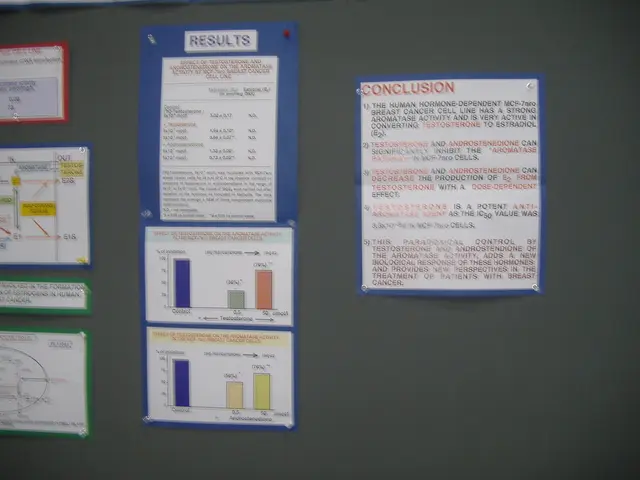A collection of agricultural professionals convened in one space.
In a series of informative gatherings, the Farm for the Future Programme brought together farmers from East Midlands and East Anglia to discuss strategies for a more sustainable and community-oriented future in farming. The meetings, held at the Allerton Project in Leicestershire and Old Hall Farm, near Norwich, focused on three key areas: sustainable farming practices, development of robust business plans, and strengthening community links.
Sustainable Farming Practices
The discussions centred around the integration of natural processes such as agroforestry, improved soil health, biodiversity enhancement, and water management techniques to boost resilience against climate challenges. The aim was to deliver environmental benefits alongside productive farming, with concepts like agroforestry combining trees and farming to create a more sustainable system.
Robust Business Plans
Farmers were encouraged to develop diversified, forward-looking business strategies that incorporate environmental stewardship with economic viability. This includes planning for grant applications, adopting technologies and practices that increase sustainability, and preparing for regulatory frameworks like Environmental Land Management schemes.
Community Links
Initiatives such as community orchards, kitchen gardens, and natural play areas were proposed to promote stronger connections within rural communities. These encourage local engagement, social inclusion, and create shared incentives for landscape stewardship and nature recovery projects.
Practical Support and Funding
The importance of information sharing about available grants and support mechanisms was highlighted. Events like those hosted by the Forestry Commission for woodland creation and Countryside Stewardship Higher Tier schemes were mentioned as valuable resources for farmers seeking to link environmental goals with financial sustainability.
Collaborative Approaches
The meetings emphasized the importance of working collectively, with farmers organizing meetings, forming groups for negotiation with developers or funders, and accessing expert advice to navigate complex infrastructure or policy challenges impacting farming businesses.
The meetings in East Midlands and East Anglia underscored a holistic approach, aiming to equip farmers with practical tools and networks to transition towards sustainable, community-oriented farming futures.
The Role of Business Plans
Charlie Curtis, who led the session at the East Anglia meeting, stressed the importance of a strong business plan for success. Many participants at the meetings did not have a business plan, while others had visions or detailed short, medium, and long-term ambitions. Hannah Thorogood, who led a session on developing resilience in farming businesses at the East Midlands meeting, advised participants to regularly review their business plans to ensure all enterprises are profitable.
Individual Success Stories
One cattle farmer from the East Midlands had a business plan that included a clear succession route for retirement, while another farmer had a vision for growing crops to provide for all the nutritional needs of the local population. A poultry farmer was experimenting with different types of chicken feed and was close to a recipe for locally produced ingredients.
Looking Ahead
Rebecca Mayhew, the owner of Old Hall Farm, stated that sometimes it is necessary to face reality and change direction in a business. Independent agronomist Charlie Curtis pointed out that farming in the UK is not sustainable, with £7bn flowing annually from farming into the economy but the agricultural sector being responsible for 11% of greenhouse gases. As the Farm for the Future Programme continues, these meetings serve as a foundation for farmers to build upon, working towards a more sustainable and resilient future for rural economies.
The Farm for the Future Programme's Core Business meetings in the East Midlands and East Anglia reiterated the importance of people, planet, and profit in running a successful business, as stated by Charlie Curtis. By focusing on these three cornerstones, farmers can create a more sustainable and profitable future for their businesses and communities.
- To ensure the economic viability of their farming businesses, it is crucial for farmers to develop robust business plans that incorporate both environmental stewardship and sustainable farming practices.
- Recognizing the significance of financial stability, Charlie Curtis highlighted the importance of a strong business plan in achieving success for farmers in their endeavors, as they work together toward a more sustainable and community-oriented future in farming.




